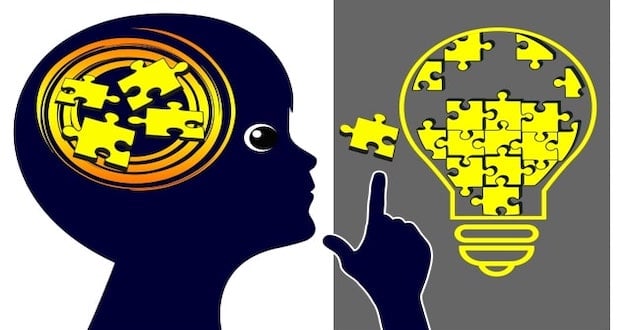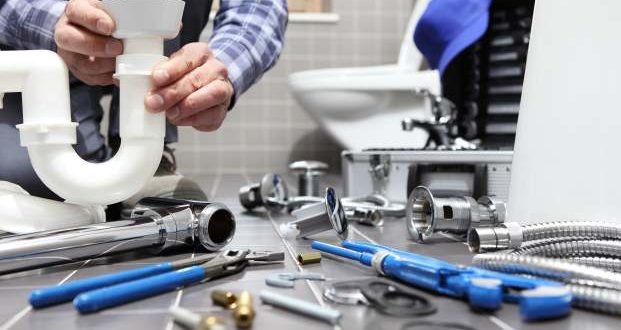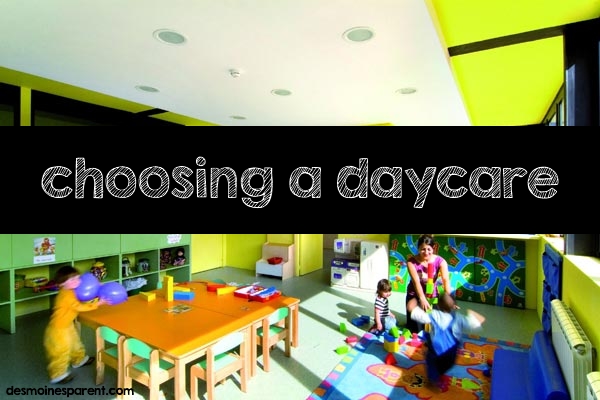Training Your Child To Think Critically
Like a battle-hardened sergeant, he was calling out commands and maneuvers to his teammates intending to achieve the objective. This wasn’t a scene from Iraq or Afghanistan, but my son playing with his friends on Call of Duty. It’s probably not a coincidence he’s now a West Point cadet.
Without exceptions, parents want their children to grow up to be positively contributing and successful adults. However, exactly how do we get them there? Should your child learn how to play Call of Duty? Learn how to code? Enroll your child in high performing private school?
You only have to listen to five minutes of Coronavirus news to understand we live in a complicated world. Furthermore, for our children to thrive in this world, we must train them to have minds capable of readily absorbing new information and positively respond to complex problems. Also, as parents, we need to develop our children’s critical thinking skills.
It involves the evaluation of data and facts after researching. An excellent critical thinker can draw reasonable conclusions from facts, findings, and information to solve problems and make meaningful decisions.
Importance of Training Your Child to Think Critically
A critical thinker can be trusted to make informed decisions independently. Today, critical thinkers are the most sought after in many industries and workplaces.
Thinking clearly and systematically can also improve the way we express our opinions and ideas. Other benefits of thinking critically includes:
Critical Thinking Broadens Curiosity
Curiosity sharpens the mind and encourages us to seek a deeper meaning in the world. Critical thinkers are always curious about a wide range of topics and interests.
Also, opportunities to apply critical thinking skills abound around us. Critical thinkers ask questions to gain more knowledge about even the most straightforward issues and situations.
It Promotes Creativity
Undoubtedly, critical thinkers are creative people. Creativity is a skill that unquestionably embraces our roles in a modern workforce environment. Creative people are unlimited in their abilities, and this skill becomes beneficial to them and their environment.
Enhances Problem Solving Skills
The ability to solve problems is possibly the most important skill anyone can develop. Critical thinking helps engineer positive solutions. Albert Einstein, one of the most prolific critical thinkers, once said, “It’s not that I’m not smart; it’s just that I stay with problems longer.”
This kind of dedication and patience put into understanding a problem is the beginning of finding a solution.
Simple Strategies to Training Your Child to Think Critically
Critical thinking is an essential foundation for the development of many lifelong skills. So, any profession your child chooses eventually will require some level of critical thinking. Here are some simple strategies to help develop your child’s critical thinking skills.
Don’t Stop the Questions
The simplest and most effective way you can improve your child’s critical skills is by wording questions in the right way. Parents and teachers have the responsibility of stimulating a child’s mind and thought process with the right questions.
Additionally, as a parent, it’s your responsibility to teach your child how to question facts and draw reasonable conclusions.
Parents must allow their kids to ask questions, even questions that challenge their authority or may be inconvenient. It’s an excellent way to exercise their critical thinking skills.
More so, allowing your child to ask questions regarding what they have read or seen will help you get a clear picture of how well they understand things.
Developing their Reading Skills
Helping your child develop a healthy reading habit is the right step towards training your child to think critically. Consequently, reading regularly will help your child develop and improve their ability to distinguish and form opinions about different situations.
Puzzles and Riddles
Games are a great way to build your child’s critical thinking skills. Solve problems and read some riddles together. This will help improve your child’s ability to analyze information.
Similarly, critical thinking is the ability to take in information and facts, process it, and form an opinion. Naturally, a child’s mind is open and curious, which helps to lay the foundation for critical thinking. Below are some of the benefits of critical thinking.
Improved Thoughts
Making informed decisions can ultimately lead to an improved quality of life. Critical thinking is like a tool that ensures your child is making the right decision every day. Critical thinking also promotes independent thinking and helps your child cope with everyday problems.
Better Decision Making
All our actions are the consequences of a decision we made- some minor, some major. The most important decision your child will make, for instance, a career path, relocation, getting married, or having children are big decisions that require critical thinking and planning.
Critical thinking promotes better decision making and, consequently, fewer mistakes and regrets.
A Better and Happier You
Critical thinking is the hallmark of a better and happier individual. The quality of your child’s life depends mainly on the decisions they will make. Similarly, the quality of their thoughts will determine how happy or mentally healthy they will be.
Critical thinking skills promote self-understanding and consequently eliminates cognitive biases that may hold one back.
Improved Relationships
Training your child to think critically will help them make informed decisions. Your child will become more open-minded. Consequently, he or she will form stronger bonds and relationships with people.
Critical thinkers are also more relatable, emphatic, and better equipped to get along with different people. They can understand different characters and quickly notice when someone is being ingenuine or trying to take advantage of them.
Career Success
Critical thinking skill is increasingly becoming a valuable skill in many professions. Consequently, doctors, engineers, scientists, lawyers, and accountants must apply this skill regularly in their work lives.
The ability to think critically can help your child get a job and roll into their chosen career. Similarly, many interviewers will ask questions to determine how well a prospective employee can think critically.
This engaging, colorful 152-page book teaches the most important critical thinking concepts every student should know. This book defines and teaches critical thinking in a way all students can understand through simple explanations, diagrams, and short, engaging activities.
In addition to being a course in critical thinking, the activities in this book can be used to supplement lessons in all subjects.






